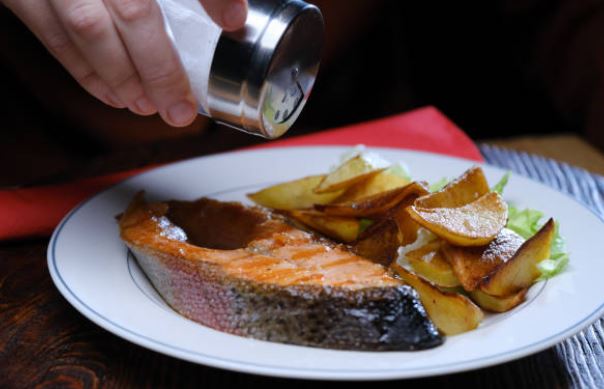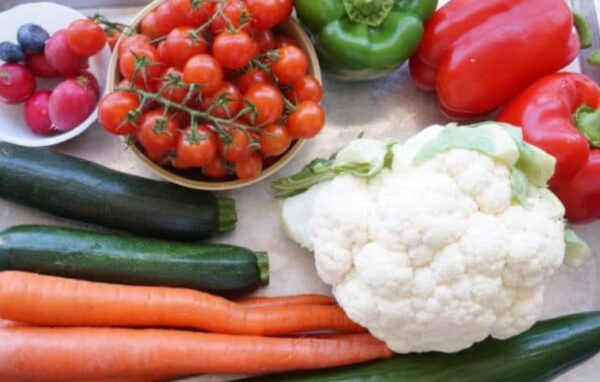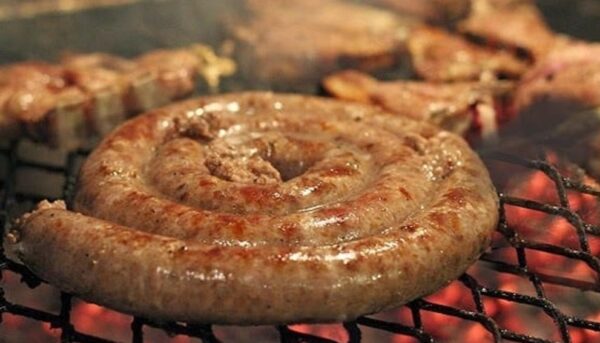Lifestyle
7 common food habits that increase cancer risk

Cancer, a complex group of diseases characterized by uncontrolled cell growth, is influenced by various factors, including genetics, lifestyle choices, and environmental exposures.
While genetics play a significant role, lifestyle factors such as diet can also greatly impact cancer risk.
Several common food habits have been identified as potential contributors to an increased risk of cancer.
Understanding these dietary patterns and their associated risks is crucial for promoting cancer prevention and overall health.
1. High consumption of processed and red meat
Processed meats, such as bacon, sausage, and deli meats, are often high in preservatives, additives, and sodium. These meats undergo processes like smoking, curing, or salting, which can lead to the formation of carcinogenic compounds such as nitrosamines. Similarly, red meats like beef, pork, and lamb contain heme iron and saturated fats, which have been linked to an elevated risk of colorectal cancer. The World Health Organization (WHO) has classified processed meats as Group 1 carcinogens and red meat as Group 2A, indicating that they are probable carcinogens.
2. Excessive intake of sugary foods and beverages
Diets high in sugar, particularly from sugary drinks, sweets, and processed snacks, have been associated with an increased risk of obesity, type 2 diabetes, and certain types of cancer. Consuming large amounts of sugar can lead to insulin resistance, chronic inflammation, and elevated insulin levels, all of which may promote cancer development and progression. Additionally, sugary foods contribute to weight gain and adiposity, which are established risk factors for several types of cancer, including breast, colorectal, and pancreatic cancer.
3. Inadequate intake of whole grains
Whole grains, such as brown rice, quinoa, oats, and whole wheat, are rich in fiber, vitamins, minerals, and phytochemicals that offer numerous health benefits, including cancer prevention. Diets low in whole grains and high in refined grains have been associated with an increased risk of certain cancers, particularly colorectal cancer. Whole grains help regulate blood sugar levels, promote digestive health, and provide important nutrients that support overall well-being and reduce cancer risk.
4. High consumption of processed and fast foods
Processed foods, including convenience meals, packaged snacks, and fast food items, often contain high levels of unhealthy fats, refined carbohydrates, sodium, and artificial additives. Regular consumption of these foods has been linked to obesity, insulin resistance, and chronic inflammation, all of which are established risk factors for cancer. Additionally, some processed foods may contain acrylamide, a potential carcinogen formed during high-temperature cooking processes like frying or baking.
5. High alcohol consumption
Excessive alcohol consumption is a well-established risk factor for several types of cancer, including those of the breast, liver, colorectum, esophagus, and mouth. Alcohol is metabolized in the body to acetaldehyde, a known carcinogen that can damage DNA and interfere with cellular repair mechanisms. Chronic alcohol consumption also contributes to inflammation, oxidative stress, and changes in hormone levels, all of which can promote cancer development and progression.
6. Low intake of fruits and vegetables
Fruits and vegetables are rich in essential vitamins, minerals, antioxidants, and dietary fiber, all of which play critical roles in maintaining health and reducing cancer risk. A diet lacking in fruits and vegetables deprives the body of protective nutrients and antioxidants that help combat oxidative stress and inflammation, both of which are implicated in cancer development. Furthermore, dietary fiber found in plant-based foods promotes digestive health and helps regulate hormone levels, which can influence cancer risk.
7. Overconsumption of salt and pickled foods
High salt intake, often associated with the consumption of pickled and preserved foods, has been linked to an increased risk of stomach cancer. Salt-preserved foods can damage the lining of the stomach and increase the production of stomach acid, potentially leading to inflammation and the formation of cancerous lesions. Additionally, salt may interact with certain compounds in foods to form N-nitroso compounds, which are known carcinogens.










